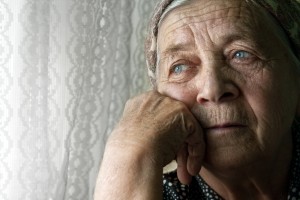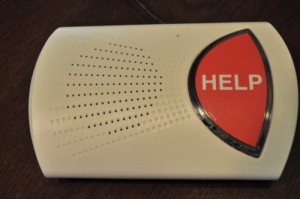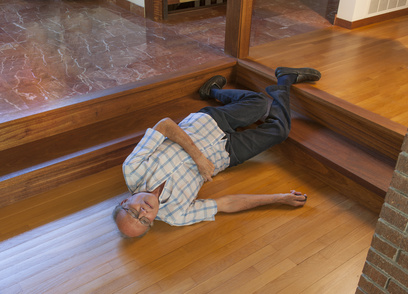Lifestyle Changes Can Resolve Late-Life Anxiety
 We all experience anxiety from time to time. However, older people have a higher risk of experiencing troublesome anxiety that becomes disruptive to life for several reasons:
We all experience anxiety from time to time. However, older people have a higher risk of experiencing troublesome anxiety that becomes disruptive to life for several reasons:
- Seniors experience more losses.
- Older people suffer with more chronic health conditions and pain.
- Many older adults take multiple medications that can exacerbate anxiety.
- Senior citizens are more susceptible to developing Alzheimer’s and other ailments.
Lifestyle changes are simple, powerful tools. Making the following lifestyle changes can help ward off anxiety later in life.
Exercise
If you are experiencing late-life anxiety, exercise is the place to start. Research has shown that exercise is effective for elevating mood and reducing depression. Studies have also found that increased physical activity can improve anxiety symptoms, particularly yoga, tai chi, and other types of mindful movement.
One reason exercise works to relieve anxiety is that it stimulates production of endorphins and serotonin, chemicals in the brain that elevate mood and improve depression. Participating in an exercise program can also:
- Boost self-confidence
- Increase self-esteem
- Enhance relationships and social connections
- Create a sense of empowerment
It you are not accustomed to exercising, start by walking 30 minutes a day. This simple lifestyle change can significantly reduce your risk for chronic diseases, including anxiety and depression.
Diet
The brain requires a steady supply of nutrients to function properly. A poor diet may not provide the nutrients you need, which can provoke symptoms of anxiety. To improve your diet to relieve anxiety:
- Eat fresh, whole foods, avoid trans fats, make sure you get enough calcium, and drink plenty of water.
- Take probiotics with two or more live cultures and eat fermented foods, such as miso and yogurt, for a healthy digestive system.
- Avoid sweetened beverages (soda, fruit punch, sweetened tea), as research has shown that people who consume four sodas a day are more likely to become depressed.
- Cut back gradually on caffeine, as research has linked long-term caffeine use with anxiety.
Sleep
Poor sleep or lack of sleep has a strong effect on a person’s mood. Sleep replenishes neurotransmitters needed to support mood. Sleep-deprived people are more likely to become depressed and to have a more negative attitude toward life. To help resolve late-life anxiety, make it a priority to get as much good quality sleep as you need. Daily exercise plays into the ability to have a restful night of sleep.
Controlling Thoughts and Emotions
Negative attitudes and feelings can upset hormonal balance, damage the immune system, and deplete chemicals in the brain required for calm and happiness. Contrary to common misconceptions, we are all capable of changing our emotional responses, although it may take some time to develop better response habits. When confronted with a situation that produces a negative emotional response, we have the option to:
- Alter the situation (for example, removing oneself from the scene)
- Shift our attention (notice the positive instead of the negative)
- Re-frame our perspective (look at the situation from a more positive, expanded point of view)
Social Support
Strong relationships and social support systems reduce loneliness and isolation, key contributing factors to anxiety and depression. Reaching out to family and friends can help reduce anxiety. To stay connected:
- Consider joining a class or group
- Volunteer for social support and the satisfaction of helping others
- Stay in regular contact with friends and family
- Bond with a pet
Home Alert Systems for Seniors
Older people can make lifestyle changes to reduce anxiety and improve quality of life. Home alert systems can make it possible to get help on the way immediately in an emergency and increase your peace of mind.
Many seniors today have more active lifestyles that take them away from the home, exercising, socializing, or volunteering. Fortunately, with modern technology, mobile, cellular-based home alert systems that travel with you are available today. A quick look at our medical alert comparison can give you an idea of home alert systems currently on the market and the various features they provide.



